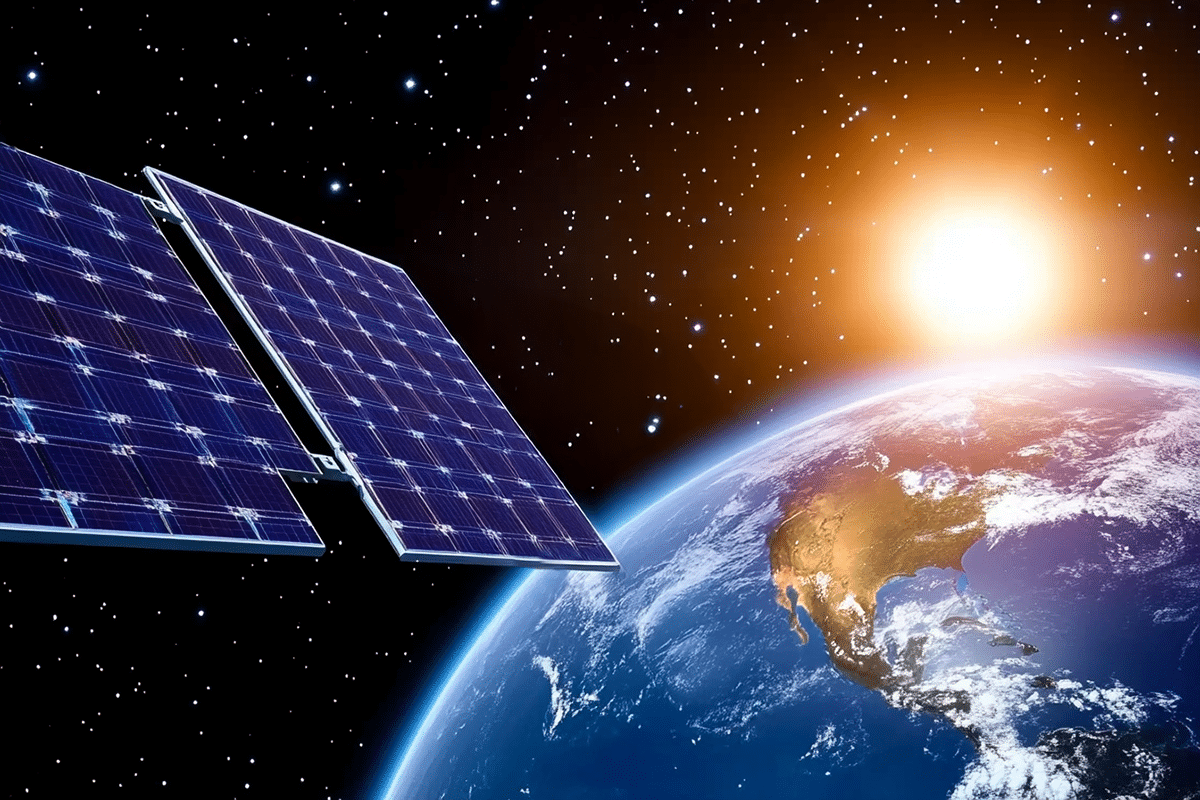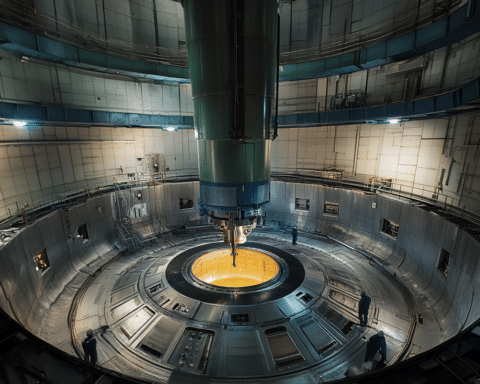In a pioneering effort toward renewable energy, Iceland could soon become the first nation to receive solar power from space. This ambitious project, spearheaded by the UK-based company Space Solar, envisions beaming solar energy from orbit to Earth, enabling Iceland to access a continuous energy supply from solar arrays stationed beyond the limits of terrestrial day-night cycles.
Solar power, while highly effective in sun-rich areas, faces a fundamental limitation: sunlight isn’t available 24/7. On Earth, solar energy must typically be stored in batteries to provide a reliable power source around the clock. In space, however, solar panels can continuously capture sunlight, generating energy unbound by weather or nighttime. For decades, experts have explored space-based solar power as a potential solution, but the technology has remained largely theoretical—until now.
Space Solar’s collaboration with Reykjavik Energy and Transition Labs, an Icelandic sustainability initiative, marks a major leap toward transforming this concept into reality. Their partnership aims to establish a space-based solar power plant capable of delivering about 30 megawatts of electricity to Iceland, enough to power between 1,500 and 3,000 homes. The project’s goal is to begin transmitting power from space to Iceland by 2030, positioning the country at the forefront of energy innovation.
The power transmission will work by collecting solar energy in space through massive solar arrays, which will convert the captured sunlight into radio waves. These waves will then be directed at a ground station in Iceland, where they will be reconverted to electricity and distributed to the national grid. This approach allows energy to be transmitted without relying on sunlight directly reaching the Earth, bypassing traditional solar power’s reliance on battery storage.
One standout feature of this endeavor is the size and scale of the proposed satellite. The power array, known as CASSIOPeiA, is anticipated to be massive, potentially making it the heaviest non-stationary object in space, aside from space stations. When fully deployed, the arrays are expected to span a larger area than the International Space Station, underscoring the magnitude of this undertaking.
By 2036, Space Solar envisions a scaled-up version of the system capable of delivering gigawatt-level power, significantly increasing Iceland’s renewable energy output. This would mark a transformative expansion in the country’s capacity to harness clean energy, contributing to both domestic needs and potentially exportable resources in the future.
This collaboration also highlights Reykjavik Energy’s commitment to forward-thinking climate technologies. Known for its expertise in carbon storage through the Carbfix project and its ongoing partnership with Climeworks, Reykjavik Energy is well-positioned to support such an innovative energy venture. Space Solar values this expertise, seeing Reykjavik Energy as an ideal partner for the project’s initial phase, which could set the stage for full-scale deployment in the coming decades.
However, delivering substantial power from orbit remains a complex challenge. Space-based solar power has, to date, only achieved limited power transmissions in test settings. Earlier this year, a demonstrator by Caltech showed that small amounts of energy could indeed be transmitted from space, though only milliwatts of power reached the Earth’s surface. For Iceland’s project to succeed, transmission technology must advance significantly to handle the billions of times more power needed for practical use.
In addition to technical hurdles, safety concerns are often raised about powerful energy transmissions from space. Yet, Space Solar has provided assurances that the technology is both safe and efficient. The energy beam, at its maximum, would deliver only a fraction of the intensity of natural sunlight at noon, dispelling concerns over potential dangers or weaponization.
As Iceland looks ahead to a potential energy revolution, the success of this space-based solar project could set a precedent for other nations exploring alternative energy solutions. With plans well underway and a target date on the horizon, Iceland could be on the brink of becoming a global leader in renewable space-based energy, ushering in a new era of continuous, sustainable power.




